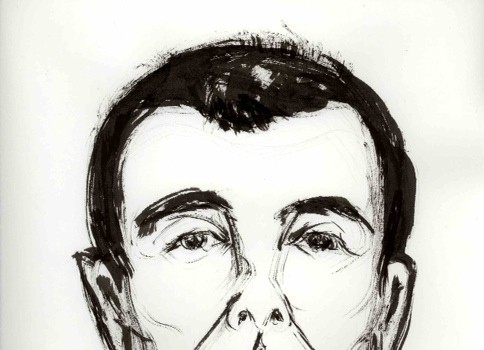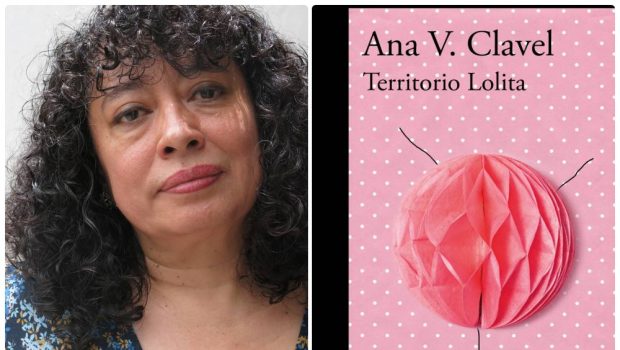Inside My Trachea Your Trachea
John Pluecker
Pura López Colomé,
Trans. Forrest Gander
Watchword,
Wesleyan University Press
Watchword is a weighty collection of poems, the latest book from Pura López Colomé to appear in English thanks to her acclaimed translator Forrest Gander. This book earned her the Premio Xavier Villaurrutia in 2007 when it first appeared in Spanish. The poems are full of yearning and a desire for language and communication, which is often emperiled and marginalized by failure and duress. All of the poems use line breaks and stick to the left margin of the page, except for one lone exception of a poem in prose.
López Colomé writes in her Afterword (which sadly is only presented in its English translation) of her girlhood discovery of language and its deceits and her frustration with words used in careless ways. Out of this experience grew a need to speak precisely, a horror at the incorrect and at “bad words.” This young poet was lead into an awareness of language’s ability to delimit our thinking and our ability for reflection and courage. We can’t do much of anything, she suggests, with a language debased through misuse. The poet describes her love for “peculiar syntax, the sound, the perfectly interlaced syllables,” and therein lies what I read as the productive contradiction at the heart of her poetic work: a love for the oddly phrased and correctness: a tug of war between two very different poles.
In her poetry, we find the rebellion of a young girl constrained and controlled (“Because I refused to be / a still life, / I lost the only grip I had.”) And the result of this rebellion is not a simple empowerment, rather the poems chronicle a spiraling motion as she traverses unsteadily into an enigmatic future, a more solitary land where poetry holds sway (“Because I refused to be / a still life, / I lost the only grip I had”).
Watchword presents the poetry of López Colomé en face: on the verso her Spanish and across the gutter, Gander’s English. Like many multilingual readers, whenever I read poetry in translation from a language I understand, I’m constantly jumping back and forth from one side to another, never content, always a bit unsteady or jolted in my reading. Yet, in the best of cases, I’m rewarded as a reader by spending time in this space; this in-betweeness becomes a strength, as the threeway conversation between author and translator and reader deepens and gathers strength.
Forrest Gander is clearly both a poet and a translator. Often his translations take great risks, dance away from a more obvious choice and into another realm, a space where he allows himself a virtuosity. If translation is a way to place “[i]nside my trachea your trachea,” as one of the poem’s posits, then Gander is thinking constantly about the implications and permissions proffered by that doubleness, that re-voicing of another’s voice. Gander is sensitive to the pleasure López Colomé takes in the sound and rhythm of words; he often privileges sound or rhythm over meaning in his translations, an emphatically necessary decision for a poetry this dense and charged. An example is found in these verses, which can also be read as a commentary on Gander’s translation itself:
Que entre palabras,
viva el cor cordis
no el registro.
That between words
we find the heart’s core,
not merely an account of it.
Here we see Gander doing his work: paying attention to space “between words” more than merely accounting for the progression from one word or concept to the next. His translation (and López Colomé’s poetry) finds its life in the meat, the flesh of the poem: in its bloody heart of hearts and not at the more superficial level of a “faithful” or “dutiful” organization of words. Both poet and translator risk not being heard or being misread, and the poetry is better for it.
Like much contemporary poetry, the book posits unanswered questions for the reader, productive questions to ask ourselves about poetry and translation (and ultimately life): if this book is a watchword, a shibboleth (or as in the original title Santo y seña), then where does the book permit us to enter? If the book is a password to gain entry to another space, where do we, as readers, find ourselves on the other side?
Posted: January 7, 2013 at 4:35 am











Thanks so much for your insight. Unusual, in my life. In this life. Saludos, PURA